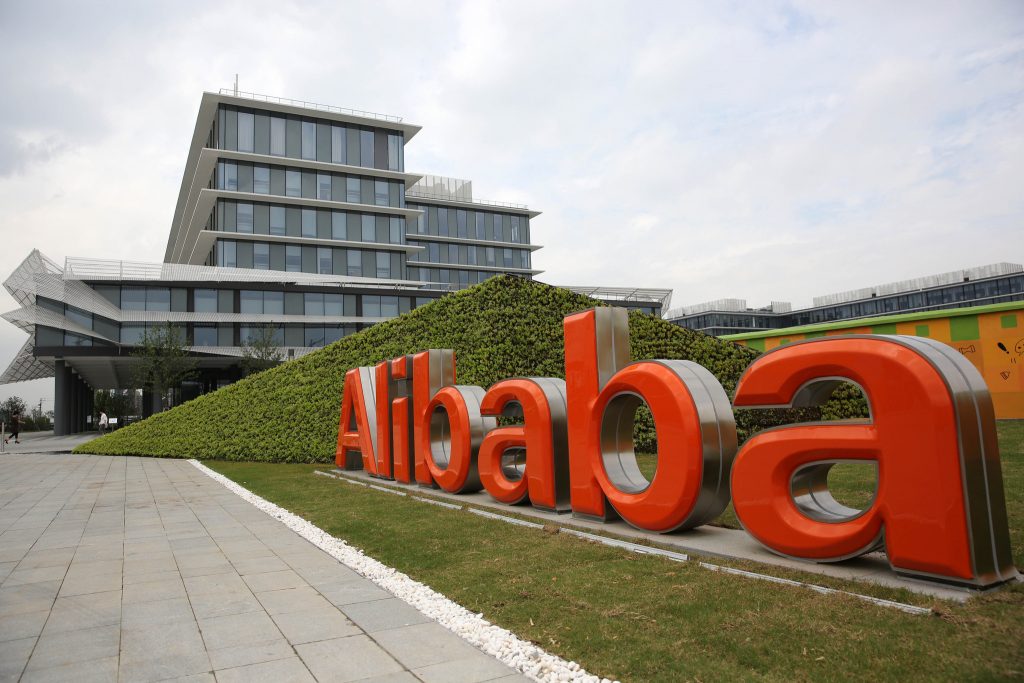Amazon and Flipkart broke their own previous records of sales in the past festive season sales held before Diwali. But, with the 10th annual Chinese shopping bonanza Singles’ Day, the Chinese internet business giant Alibaba group has made e-commerce history, after it generated a record $30.7 billion in only 24 hours.

The biggest sales day of China celebrated on 11/11, recorded a 1 billion sale in the first 1 minute and 25 seconds. Alibaba’s Single’s day sale aka the double 11, is the biggest e-commerce sale in the world. On the 11th of November, as soon as the sale started, at midnight, people were buying things from milk powder to iPhones on the website.
Alibaba.com is the biggest dominating e-commerce marketplace, in China, and it is also planning to expand to other countries as well. The Single’s sale is a month-long event that peaks on November 11, and this year it has surpassed its own record of last year’s sale. Last year, it had earned $24 billion in just short of 16 hours. Despite the highest sale this year, the growth rate fell from 39 per cent to 27 per cent, by the end of the day.
Almost ten years ago, the Alibaba group started the Single’s Day sale as a novelty student holiday to celebrate being single and treat themselves through retail therapy. But, in the past ten years, it has become China’s biggest shopping festive season sale. Although most of the Chinese public did not show much interest in the 2018’s Single’s Day sale, Alibaba was still able to surpass the total earnings of Black Friday and Cyber Monday sales (2017) combined.
In 2015, Jack Ma the founder of Alibaba Group had shown an interest in making the Single’s Day sale open at a global level, and also, organised the first non-Chinese Single’s Day in Russia, tiny Hong Kong and the US, last year. The sale mostly included the purchase of mobile phones, wool coats and knitted sweaters. This year, the sale was also organised in South Korea, U.S. and Japan, where the purchase of the same items has been recorded.

Yashica is a Software Engineer turned Content Writer, who loves to write on social causes and expertise in writing technical stuff. She loves to watch movies and explore new places. She believes that you need to live once before you die. So experimenting with her life and career choices, she is trying to live her life to the fullest.